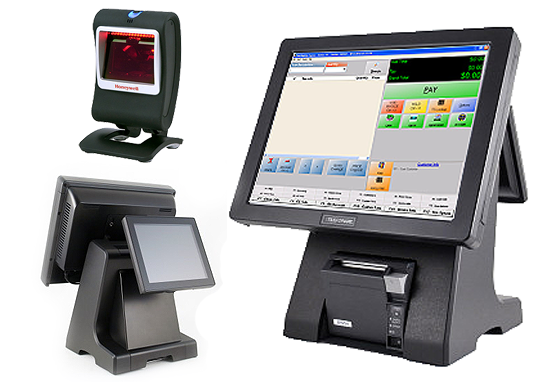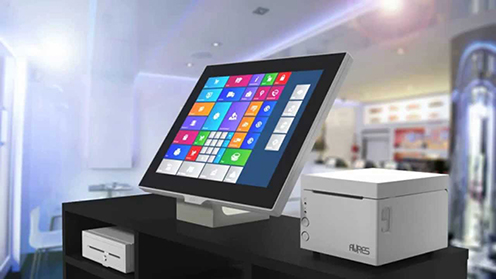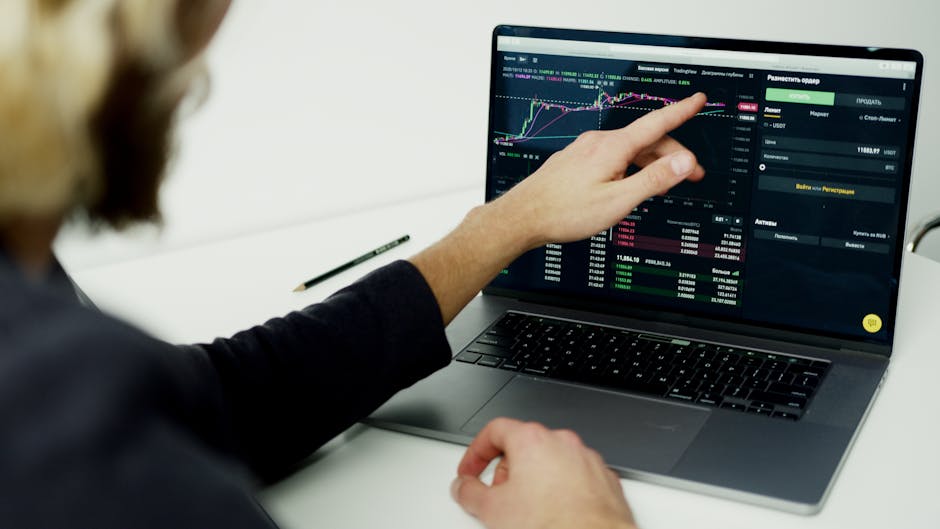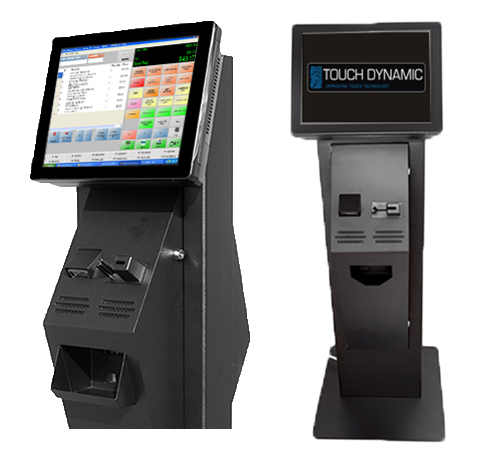
Point of Sale Bundles: Streamlining Business Operations for the Modern Era
In today’s fast-paced business environment, efficient transaction processing is critical. Point of Sale (POS) systems have evolved from simple cash registers to comprehensive solutions that integrate sales, inventory, and customer management. POS bundles, which package hardware, software, and services, are revolutionizing how businesses of all sizes streamline operations. This article explores the essentials of POS bundles, their benefits, and future trends shaping the industry.
What Are POS Bundles?
POS bundles are curetted packages combining hardware, software, payment processing tools, and support services tailored to business needs. Unlike piecemeal purchases, these bundles offer a cohesive system designed for seamless integration, whether for a boutique store or a multi-location restaurant chain. They simplify setup, reduce costs, and ensure compatibility across components.

Key Components of a POS Bundle
- Hardware:
Essentials: Terminals, tablets, cash drawers, barcode scanners, and receipt printers.
Specialized Add-ons: Kitchen displays for restaurants or handheld devices for retail.
- Software:
Core Features: Sales processing, real-time inventory tracking, and employee management.
Advanced Tools: AI-driven analytics for sales trends and CRM integration for personalized marketing.
- Payment Processing:
Supports diverse methods: Credit/debit cards, mobile wallets (Apple Pay, Google Wallet), and BNPL services.
Emphasizes security with encryption and PCI compliance to protect customer data.
- Support & Services:
Includes installation, training, 24/7 support, and cloud-based updates for remote access.

Benefits of POS Bundles
Cost Savings: Bundled pricing reduces upfront costs compared to purchasing components separately.
Simplified Implementation: Pre-configured systems minimize setup time and technical hurdles.
Scalability: Modular designs allow businesses to upgrade hardware or software as they grow.
Enhanced Experience: Faster checkouts, loyalty programs, and personalized interactions boost customer satisfaction.

Industries Leveraging POS Bundles
Retail: Manages omnichannel sales and inventory across physical and online stores.
Hospitality: Streamlines table reservations, split billing, and integration with booking platforms.
Food & Beverage: Supports tableside ordering, kitchen coordination, and delivery tracking.
Healthcare & Services: Facilitates appointment scheduling and subscription management for clinics or salons.

Choosing the Right Bundle
Assess Needs: Consider business size, transaction volume, and industry-specific requirements.
Budget Flexibility: Compare upfront vs. subscription models (e.g., SaaS).
Integration Capabilities: Ensure compatibility with existing tools like accounting software.
Vendor Reputation: Research customer reviews and post-purchase support quality.

Future Trends in POS Technology
- Cloud-Based Systems: Enable real-time data access and remote management, crucial for hybrid work models.
- AI & Machine Learning: Predict inventory needs and automate reordering, reducing waste.
- Mobile POS Solutions: Empower staff with tablets or smartphones for on-the-go transactions.
- Sustainability Initiatives: Eco-friendly hardware and digital receipts minimize environmental impact.
- Unified Commerce: Integrate POS with e-commerce, social media, and marketplace platforms for a cohesive sales strategy.

POS bundles are more than a transactional tool—they are a strategic asset that enhances efficiency, data security, and customer engagement. As trends like AI and unified commerce gain traction, businesses must adopt flexible, scalable systems to stay competitive. By evaluating needs and partnering with reputable vendors, companies can future-proof their operations and thrive in an evolving market.